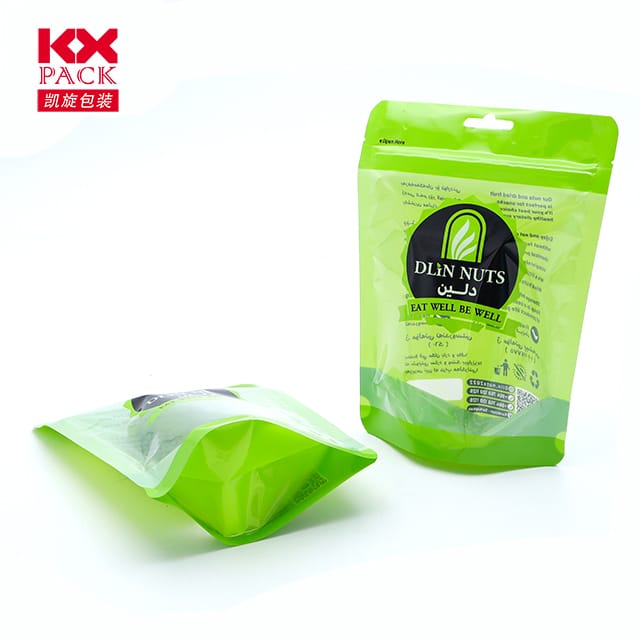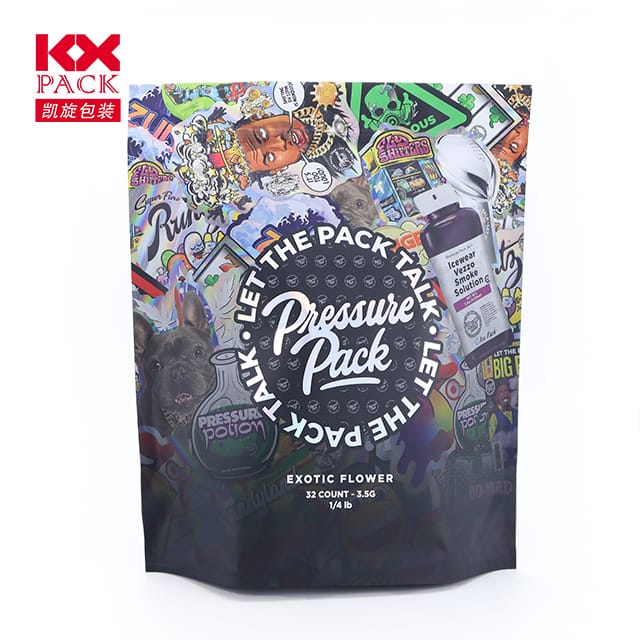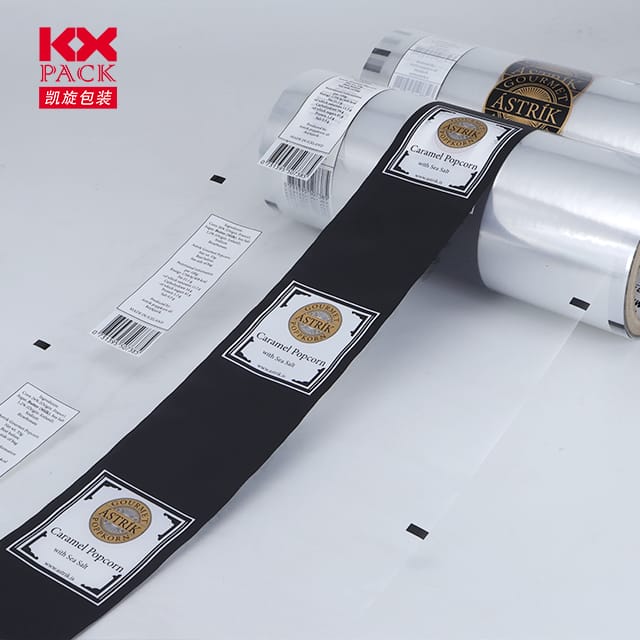Bosma qadoqlash plyonkasining evolyutsiyasi: Mahsulot taqdimotini qanday o'zgartirish
Bosma qadoqlash plyonkasi
In today’s hypercompetitive retail landscape, Mahsulotning qadoqi endi faqat himoya qobig'i emas - bu savdo-sotiqni iste'molchi bilan savdo-sotiqni ko'prikga aylantiradigan dinamik marketing vositasi. Yig'ilgan echimlar orasida, bosma qadoqlash plyonkasi o'yin-almashtirgich sifatida paydo bo'ldi, Funktsiyani yuqori ta'sirli vizuallar bilan birlashtirish va etkazib berishni sozlash zanjirlarini etkazib berish. Let’s explore how this versatile material is evolving to meet modern demands.
1. Estetikadan tashqari: The Multifaceted Role of Printed Films
Bosma qadoqlash plyonkasi are engineered to do far more than display logos or graphics. They serve as a canvas for storytelling, tartibga solish muvofiqligi, and even consumer engagement through smart technologies. Masalan; misol uchun:
- Brend farqlash: In crowded aisles, vibrant, high-definition prints on films like polypropylene (PP) or polyethylene (PE) help products stand out. Beverage companies use shrink sleeves with 360-degree graphics to create shelf-ready bundles, while cosmetics brands leverage metallic inks for a premium feel.
- Regulatory Transparency: Films printed with nutritional facts, usage instructions, or safety warnings ensure compliance without the need for additional labels, reducing costs and waste. This is critical in industries like pharmaceuticals and food, where clear communication is non-negotiable.
- Sustainability Signaling: With bioplastics and recyclable films gaining traction, printed designs can highlight eco-credentials (E.G., “100% Recyclable”) to appeal to environmentally conscious buyers.
2. The Technology Behind the Print: Precision and Efficiency
Advancements in printing techniques have revolutionized how brands apply designs to films:
- Raqamli bosib chiqarish: HP Indigo or Xeikon presses enable on-demand, short-run printing with minimal setup time, ideal for limited-edition products or regional campaigns. This flexibility reduces inventory costs and allows for rapid design iterations.
- Flexografik bosib chiqarish: A cost-effective choice for large volumes, flexo uses anilox rollers and photopolymer plates to deliver consistent, high-speed prints. Innovations like solventless inks further enhance sustainability by eliminating volatile organic compounds (VOClar).
- Aqlli qadoqlash integratsiyasi: Printed films now incorporate QR codes, NFC teglari, or temperature-sensitive inks, transforming packaging into interactive touchpoints. Masalan, a coffee pouch might display a freshness indicator that changes color over time.(Bosma qadoqlash plyonkasi)
3. Material Science: Strength Meets Sustainability
The base films themselves are evolving to balance durability with environmental responsibility:
- Multi-Layer Structures: Composite films combine barrier layers (E.G., Kislorodga chidamlilik uchun EVOO), sealant layers (like PE for heat sealing), and printed surfaces into a single, high-performance package. This is vital for perishables or liquids.
- Biologik parchalanishi: Films made from polylactic acid (PLA) or starch blends offer compostability, though they often require specialized disposal facilities. Brands are partnering with recycling firms to improve end-of-life management.
- Engil: Thinner films (E.G., 15-micron BOPET) reduce material use without compromising strength, cutting transportation emissions and costs.
4. Sanoat sohalaridagi arizalar
Bosma qadoqlash plyonkasi cater to diverse sectors, each with unique needs:
- Ovqat & Ichimlik: Shrink bundling films secure multi-packs of bottles or cans, while high-barrier laminates extend shelf life for snacks and cheeses.
- Shaxsiy parvarish: Tubes and pouches for lotions or shampoos use printed films with a soft-touch finish for a luxurious feel.
- Logistika: Heavy-duty bundling films stabilize pallets of firewood or industrial parts, replacing traditional strapping methods.
- Elektron tijorat: Anti-counterfeit films with holographic prints protect high-value goods during shipping, while resealable zippers enhance convenience.
5. The Future: Circularity and Connectivity
Oldinga qarab, printed packaging films will increasingly align with circular economy principles:
- Recyclability by Design: Brands are adopting monomaterial structures (E.G., all-PE pouches) to simplify recycling streams. Innovations like laser-scored tear lines also improve ease of recycling.(Bosma qadoqlash plyonkasi)
- Blockchain Integration: Printed films could soon feature blockchain-enabled codes that trace a product’s journey from factory to shelf, combating fraud and enhancing transparency.
- Energy-Efficient Production: Solar-powered printing plants and AI-driven quality control systems are reducing the carbon footprint of film manufacturing.
Xulosa: Innovatsiya uchun tuval
Bosma qadoqlash plyonkasi is no longer a static component—it’s a dynamic interface between brands and consumers. As digital printing, Smart texnologiyalar, and sustainable materials converge, the possibilities for creative, functional, and eco-friendly packaging are expanding exponentially. SIZNING SO'ZLAR UChUN KO'RSATADI, investing in printed films isn’t just about aesthetics; it’s a strategic move to enhance shelf appeal, operational efficiency, va atrof-muhitni boshqarish.
Ready to explore how Bosma qadoqlash plyonkasi can elevate your brand? Dive into the latest trends in material science, printing tech, and circular design to unlock new opportunities in 2025 va undan keyin. Shum







